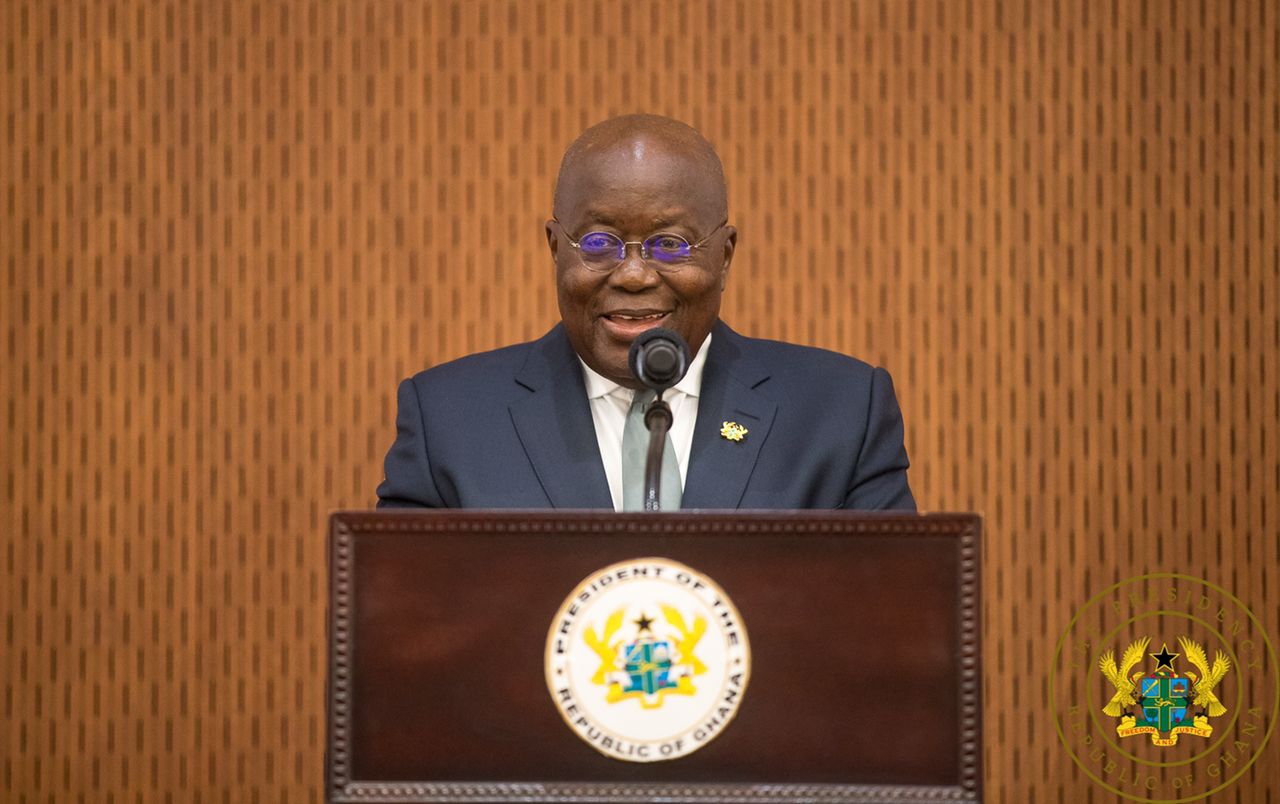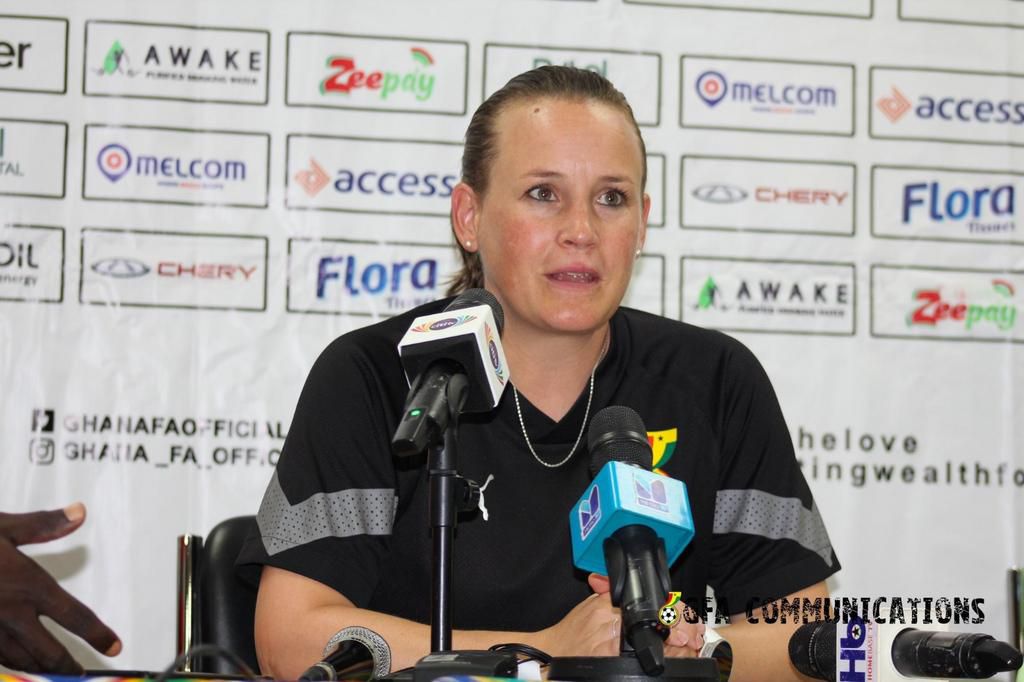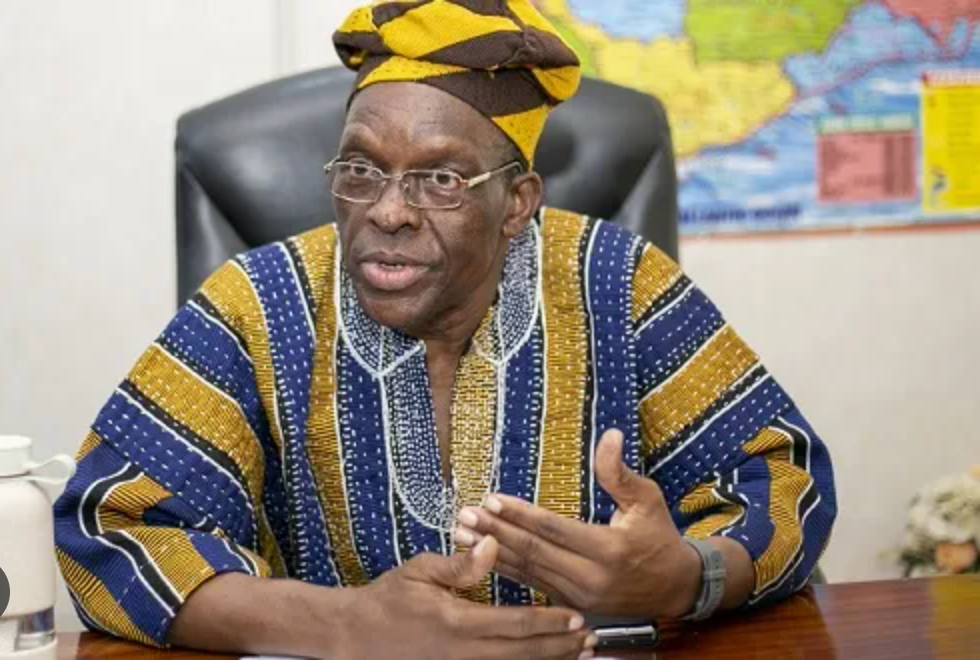
Gilbert Addah
Ghana, located in West Africa, has been recognized as a country with immense potential for economic growth and social development. With its rich natural resources, diverse culture, and a young and dynamic population, Ghana possesses the necessary ingredients for a prosperous future. However, despite these advantages, the country faces numerous challenges that hinder its progress.
One of the most significant obstacles to Ghana’s development is the prevalence of short-termism. Short-termism refers to a mindset that prioritizes immediate gains and quick fixes over long-term sustainable development. It is characterized by a focus on short-sighted goals, often neglecting the broader implications and consequences of decisions made in the present.
The objective of this article is to shed light on the detrimental impact of short-termism on Ghana’s development across various sectors. By examining the political, economic, infrastructure, education, and social welfare dimensions, I intend to provide a comprehensive understanding of how short-term thinking hampers progress and undermines long-term sustainability.
The scope of this article is focused specifically on Ghana, but the issues discussed have relevance beyond its borders. By analyzing the causes and consequences of short-termism, I hope to contribute to a broader global discourse on the importance of long-term planning and sustainable development.
In Ghana, as in many electoral democracies, political cycles create pressure on elected officials to deliver visible and immediate results within their limited term in office.
This often leads to a focus on short-term wins that can be easily showcased to constituents to secure re-election. Politicians may prioritize short-sighted projects or policies that provide quick popularity, rather than considering the long-term implications and sustainability of their decisions.
Short-termism in politics can have adverse effects on governance and public policy. It can result in inadequate attention to long-term development plans, weakened institutional capacity, and a lack of continuity in policy implementation. The absence of a clear long-term vision and strategic planning can lead to inconsistent policies, policy reversals, and a fragmented approach to addressing pressing societal challenges.
The frequent changes in political leadership, coupled with short political cycles, often result in a lack of continuity in development initiatives. Long-term projects and policies require sustained commitment and consistent implementation over extended periods. However, short-termism can disrupt the continuity necessary for effective development planning, leading to a lack of progress and the abandonment of initiatives with potential long-term benefits.
By recognizing the impact of short-termism in politics, Ghana can work towards fostering a culture of long-term thinking among its political leaders. Implementing measures such as strengthening institutions and promoting strategic planning can help mitigate the negative consequences of short-termism in the political sphere.
Short-termism in Ghana’s economic planning often leads to an overemphasis on extractive industries, such as mining and oil production, due to their potential for immediate revenue generation. While these industries can provide significant economic gains in the short term, relying heavily on them can make the economy vulnerable to fluctuations in global commodity prices and hinder long-term diversification efforts. Neglecting other sectors, such as manufacturing, agriculture, and services, limits the potential for sustainable economic growth and job creation.
Short-term thinking can also result in insufficient investment in critical infrastructure and technology. Infrastructure development, including transportation networks, energy systems, and telecommunications, is crucial for economic growth and productivity. However, short-termism often prioritizes quick fixes or short-sighted projects, neglecting the long-term infrastructure needs of the country. Insufficient investment in technology and innovation further hampers Ghana’s ability to compete globally and adapt to evolving economic trends.
Short-term decision-making may prioritize immediate gains at the expense of sustainable economic growth and job creation. Economic policies that focus on short-term benefits, such as tax incentives or subsidies without considering their long-term impact, can undermine the development of local industries and hinder job opportunities. Neglecting long-term strategies for human capital development, entrepreneurship, and fostering a conducive business environment can limit Ghana’s ability to create sustainable employment opportunities and drive inclusive economic growth.
Addressing economic short-termism requires a shift towards long-term planning and investment. Ghana should focus on diversifying its economy, investing in infrastructure and technology, and fostering an enabling environment for sustainable economic growth. Promoting entrepreneurship, supporting small and medium-sized enterprises, and investing in education and skills development can contribute to long-term economic resilience and job creation.
Ghana faces significant challenges in terms of infrastructure development. Short-term thinking often results in an infrastructure deficit, where the existing infrastructure is inadequate to meet the needs of a growing population and expanding industries. Insufficient investment in roads, ports, airports, energy systems, and water supply can limit productivity, increase transportation costs, impede trade, and hinder economic development.
Short-termism hampers long-term infrastructure development by underinvesting in critical sectors. Transportation infrastructure, including roads, railways, and airports, is essential for efficient movement of goods and people. Energy infrastructure, such as power generation and distribution systems, is crucial for industrial growth and ensuring a reliable energy supply. Water infrastructure plays a vital role in agriculture, sanitation, and access to clean water for households. Neglecting investments in these sectors due to short-term thinking undermines their development and has far-reaching consequences on economic productivity and quality of life.
Long Term Planning
To address the infrastructure challenges caused by short-termism, Ghana must prioritize long-term planning and investment. This involves developing comprehensive infrastructure development plans, conducting feasibility studies, and implementing projects that align with the country’s long-term vision. Long-term investments in infrastructure not only boost economic growth but also enhance social well-being, improve connectivity, and attract private sector investment.
By adopting a long-term perspective, Ghana can bridge its infrastructure gap, strengthen its connectivity both domestically and internationally, and create an environment that is conducive to sustainable economic development and improved quality of life for its citizens. Public-private partnerships, international cooperation, and innovative financing mechanisms can also play a crucial role in mobilizing resources for long-term infrastructure development.
By Gilbert Addah
The post Escaping Short-Termism: Paving The Path To Lasting Political Legacies appeared first on DailyGuide Network.
Read Full Story












Facebook
Twitter
Pinterest
Instagram
Google+
YouTube
LinkedIn
RSS